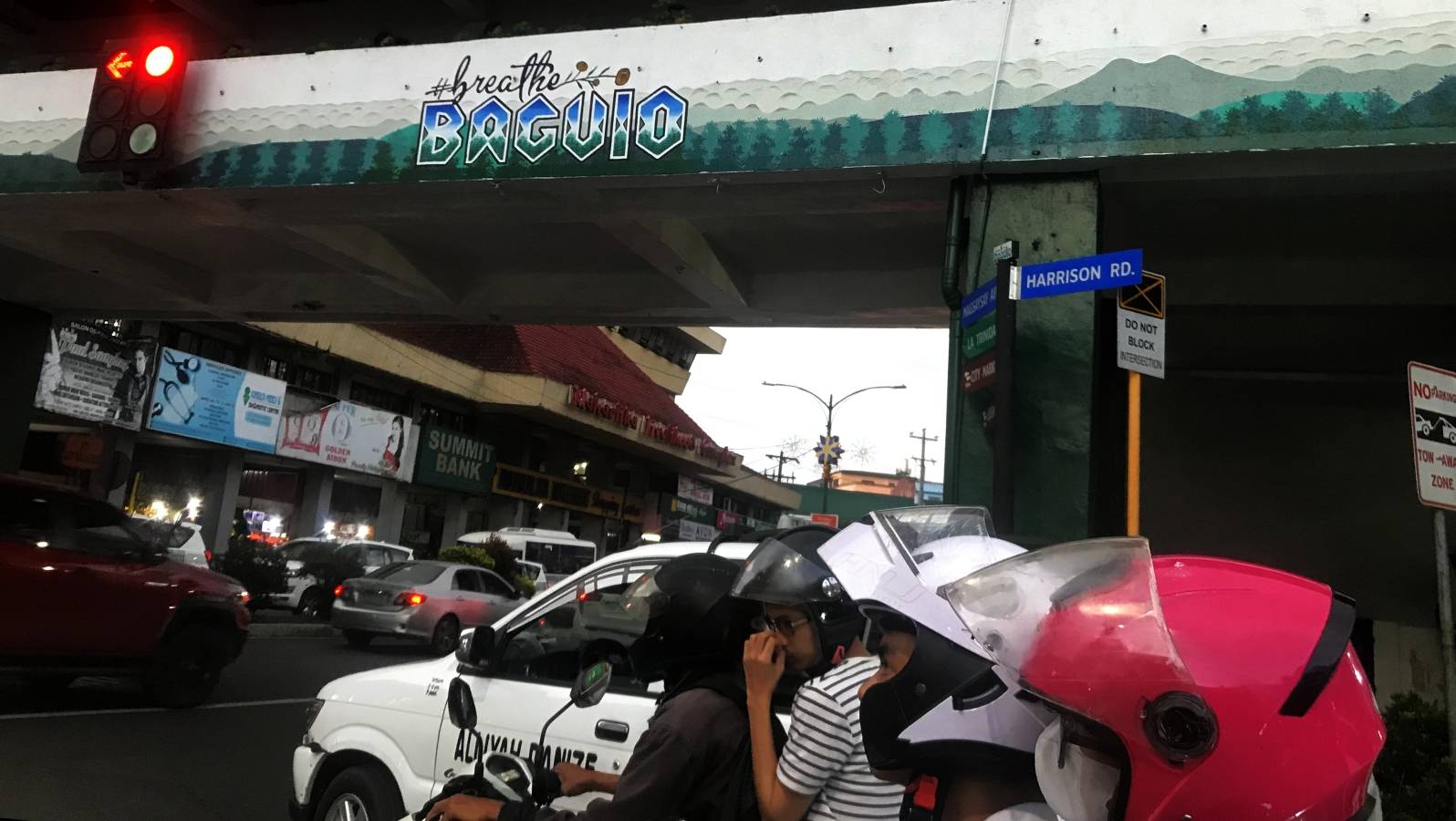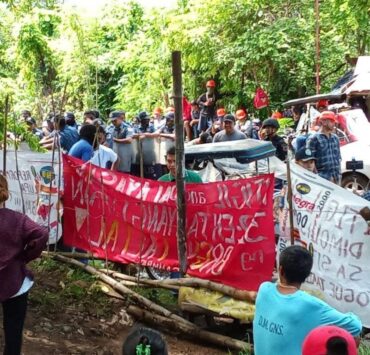Baguio adds vaping to anti-tobacco crusade

BAGUIO CITY — The city’s top medical experts are being asked to study and measure the degree of addiction that is being triggered by vaping, which parents and health advocates in the city have now added to their anti-tobacco crusade.
City epidemiologist Dr. Donnabel Tubera Panes said the Baguio prevalence rate for vaping for a population aged 15 years old and above increased dramatically from 1.5 percent in 2019 to 5.1 percent in 2022.
The latest survey for adolescents (13 to 18 years old) measured a much higher prevalence rate with 12.9 percent, because vaping has been marketed to teenagers and young adults as “safe,” she said in a June 18 briefing.
On Friday, the city government’s anti-smoking task force and school parents launched a new campaign called “Road to Zero by 2028,” which aims for a zero consumption and sale of cigarettes, other nicotine products, and vaping in Baguio within the next three years.
Baguio enforces a strict ordinance that prohibits the smoking of tobacco in all public spaces. Cigarette consumption has slowed down, Panes said, partly because the price for a box of cigarettes continues to increase exponentially.
“But vaping is a new addiction” that needs further study, she said.
Clinical understanding
A clinical understanding of why, how and when an individual, particularly a very young boy or girl, becomes addicted to electronic cigarettes, and new variations like nicotine mouth patches or nicotine inhalers, will be necessary to fortify laws that restrict vaping in Baguio, and other localities, Panes said.
She solicited the help of Baguio and Benguet universities to collaborate and finance these studies at the 13th health research conference of the Cordillera Regional Health Research and Development Consortium that was conducted from June 19 to June 20 at the Saint Louis University (SLU). SLU operates a medical school and the SLU Sacred Heart Hospital.
Baguio has not licensed local vendors to sell vape devices, Panes said, although vape products are legal and regulated under Republic Act No. 11900 (the Vaporized Nicotine and Non-Nicotine Products Regulation Act). The Vape Law prohibits the sale of vape devices to youths younger than 18 years old, and vendors are restricted to sell or advertise their products 100 meters away from “activity areas frequented by minors.”
The Department of Trade and Industry is tasked to oversee the distribution and importation of vape products, and is required to ban marketing or advertising that targets underaged kids.
Phenomenon of vaping
But youths are able to secure vape devices and flavored “vapor” items online because vaping is projected through social media and by fellow teenagers as an acceptable replacement for nicotine, said Mankayan, Benguet teacher Wilbert Wanas, who spoke at the Wednesday briefing.
He produced a paper, “Understanding the phenomenon of Vaping among High School Students: a basis for an intervention program,” with Jackson Laplap and Jesse James Guitelen in May.
The case study of Mankayan’s Guinaoang National High School revealed that “vaping is often perceived [by youths] as a low-risk activity, with many students underestimating its health risks due to [inadequate comprehension] and the normalization of vaping within their social circles.”
“While e-cigarettes were initially marketed as a safer alternative to traditional smoking,… the [United States] Centers for Disease Control and Prevention reports that [it] contains harmful substances such as nicotine, volatile organic compounds, and heavy metals like lead, which can negatively impact brain development in adolescents and increase the risk of addiction,” the Mankayan study said.
Like previous generations who succumbed to tobacco addiction, peer pressure played a huge role in introducing teens to vaping, as well as a “tendency to prioritize immediate social rewards over longterm health concerns,” it said. “In the context of the school environment, vaping wasn’t just a recreational activity – it was a social marker,” as well as a display of autonomy common to this age of adolescent rebellion, the study concludes.
Wanas said he knew of students who took weekend jobs to raise money for vape products purchased online.

















